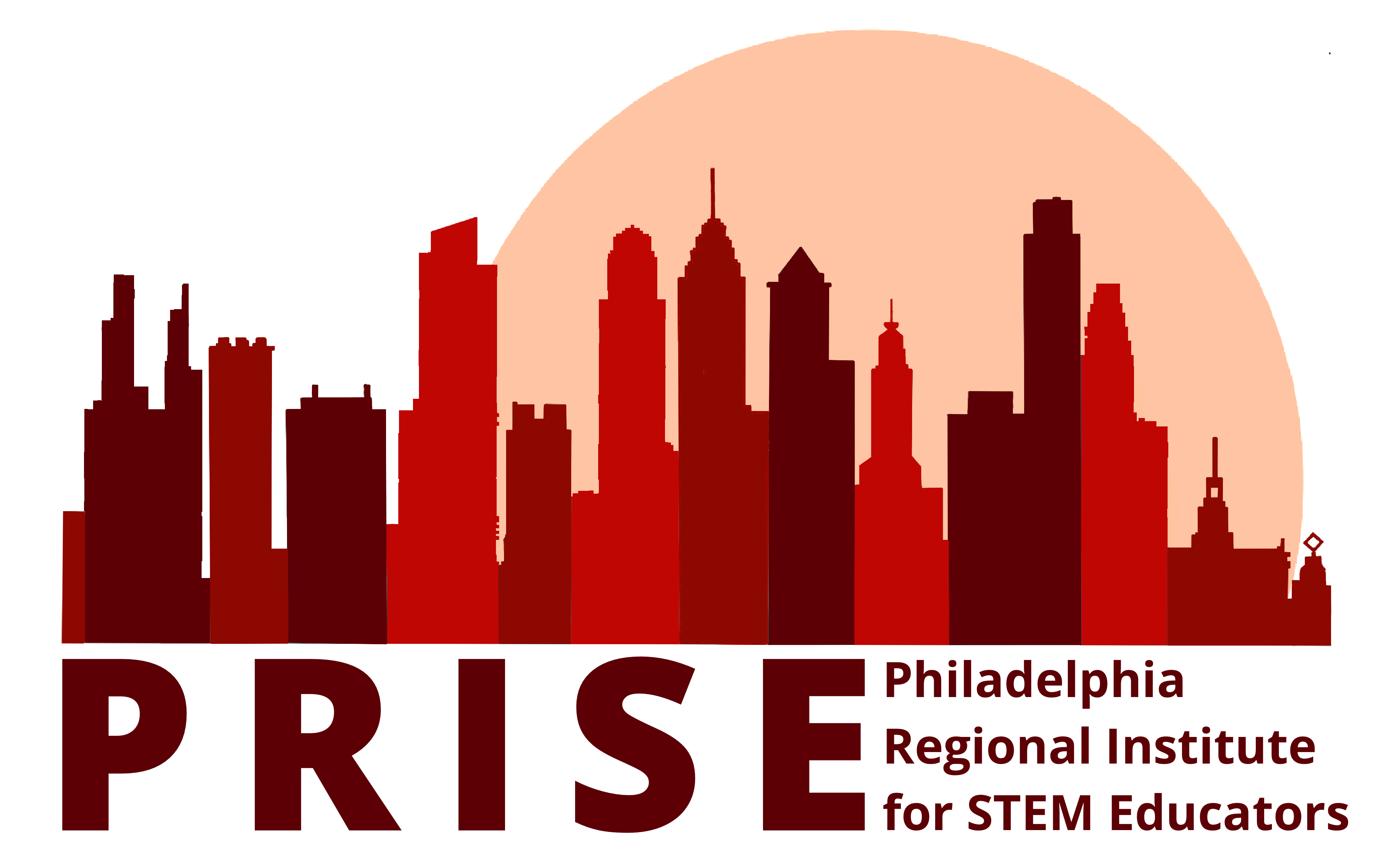ABOUT US
Who We Are
PRISE at Saint Joseph’s University of partnership among 11 institutions of higher education in the greater Philadelphia region as well as regional STEM education stakeholders including Arcadia University, Bryn Mawr/Haverford Colleges, Community College of Philadelphia, Drexel University, La Salle University, Saint Joseph’s University, Temple University, University of Pennsylvania, Villanova University, West Chester University, The Philadelphia Education Fund (PEF) and the School District of Philadelphia.
PRISE believes that STEM education is a social justice endeavor. With equitable access to high-quality STEM instruction, all students in the Philadelphia region can become successful STEM learners. High-quality STEM instruction depends on a well-prepared STEM teacher workforce. PRISE is dedicated to the recruitment, retention and ongoing development of diverse and highly effective teachers.
Million Dollars in Grants
Years of Partnerships
STEM Teacher Scholarships
STEM Educators Attending PRISE Events
Professional Development Events
Our Mission
The Philadelphia Regional Institute for STEM Educators (PRISE) will build lasting synergies among institutions of higher education and other STEM education stakeholders in the Philadelphia region that will strengthen all aspects of the STEM teacher pathway: engagement, recruitment, preparation, induction, and ongoing professional development and growth throughout a teacher’s career in ways that no individual organization would be able to achieve alone.
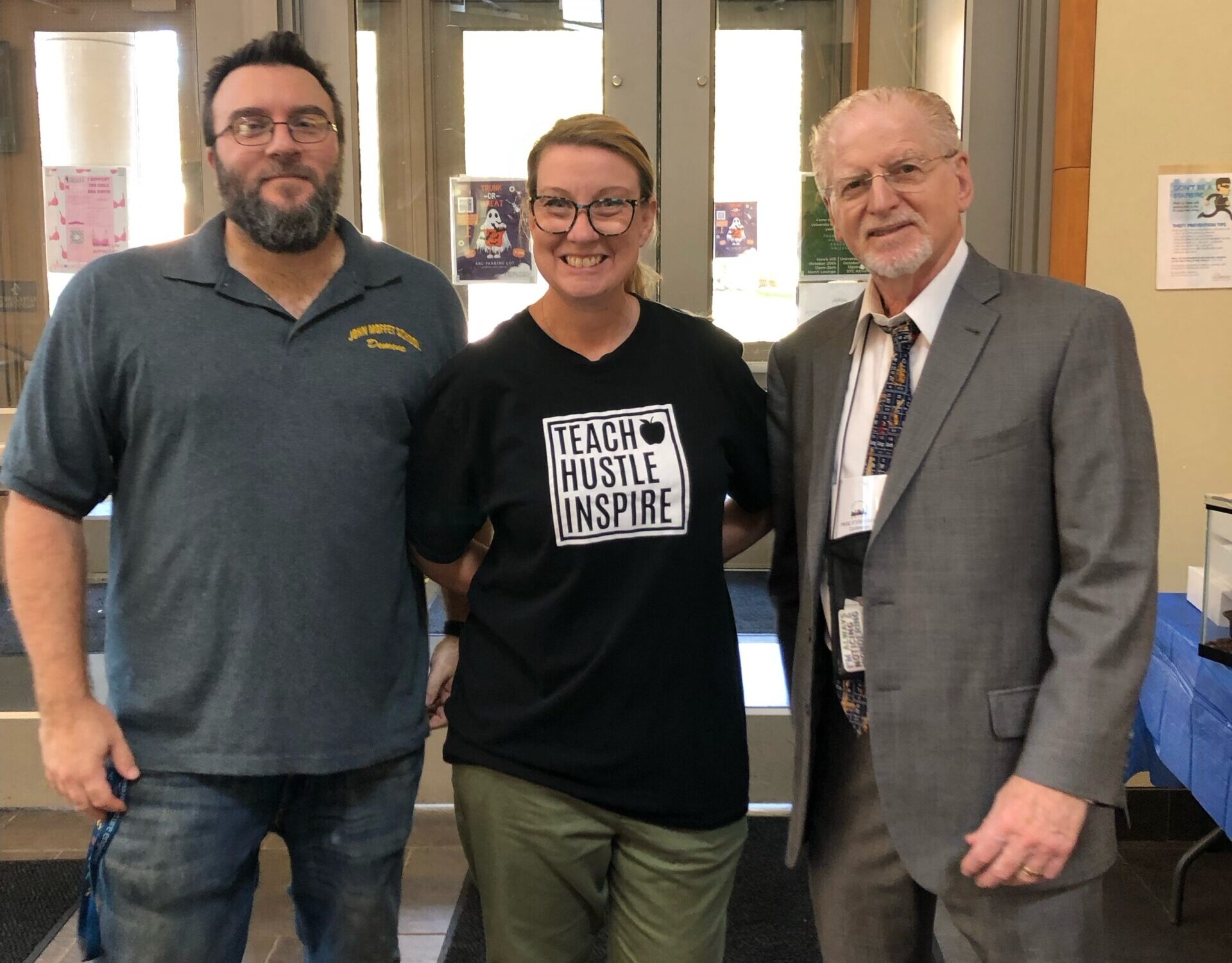
Our Vision
We envision a diverse, highly effective STEM teacher workforce that creates exceptional and equitable learning opportunities which promote student success in STEM.
PRISE Philly Core Values
Because we value teachers (Pre-K – 20) as life-long learners, we believe that PRISE should address issues impacting both pre-service teachers and in-service teachers.
Because we value reflection on practice, we believe that professional development should be intentional, based on identified content and pedagogical content knowledge needs of teachers and presented in a cohesive and logical progression.
Because we see teacher development as evolving, we believe that teachers should have opportunities to develop leadership skills.
Teacher Identity Learning to become a teacher is a complex process, as is the process entailed in developing a teacher identity. Some current research examines the relational aspect of identity, where identity is described as being continually formed and reformed through the ways in which we internalize the environment, negotiate interaction and externalize ourselves to others. The self is thought of as something which develops over time in the process of social experience and activity (Knowles, 1990).
Because we value the development of teacher identity, and we view teacher identity as relational and emerging from social experience, we support the following ideas that foster identity development:
- Teachers developing cultural proficiency so that they are able to develop essential connections with their students, families, and communities.
- Teachers participating in collaborative practice in order to support identity development around content, pedagogy, and pedagogical content knowledge.
- Teachers engaging in lifelong learning in order to support professional role identity development and commitment.
- Teachers receiving ongoing support and mentoring in order to foster a sense of efficacy.
- Teachers taking on leadership and mentoring roles when ready, in order to support sense of purpose, achievement of goals, and possibilities for action.
Because we value effective instruction, we believe that teachers should have strong content knowledge and pedagogical content knowledge of the subjects they are required to teach:
- Orientation to Teaching Subject Matter
- Knowledge of Students’ Understanding
- Knowledge of Curriculum
- Knowledge of Instructional Strategies
- Knowledge of Assessment of Students Learning of Subject
Because we recognize that core STEM practices are critical to effective teaching, we believe that instruction should be grounded in a deep understanding and thoughtful implementation of:
- Education for Sustainability Standards
- The Framework for K-12 Science Education
- Next Generation Science Standards
- Standards for Technological Literacy
- NCTM Standards for Mathematical Practice
Because we value the communities in which our students live, we believe that STEM educators should be supported to learn about and work with their communities in order to design curriculum and real-world learning approaches that support sustainability, community development and positive social change.
Because we recognize both the value and power of collaboration, PRISE will pursue regional collaborative partnerships that positively impact STEM education.
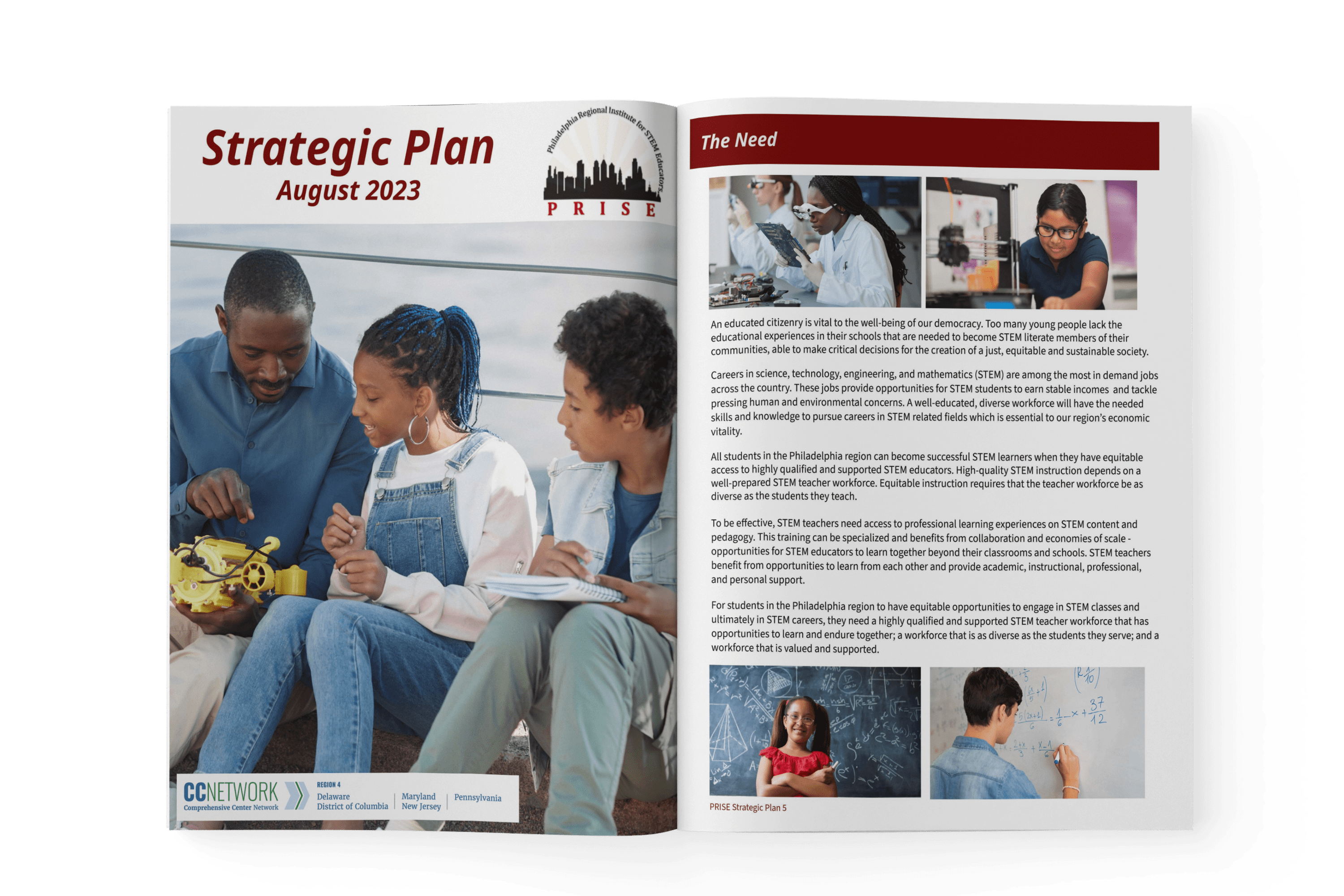
2023 Strategic Plan
With over 12 years of partnership among institutions of higher education and STEM stakeholders in the Philadelphia region. See how we plan to expand support for STEM teachers’ development and growth.
We Have an Amazing Network of Higher Education Partners

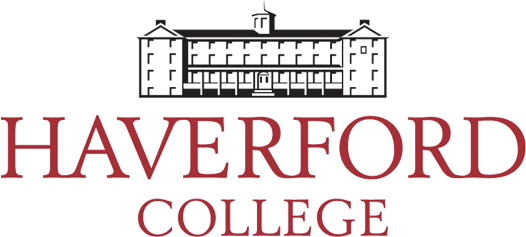


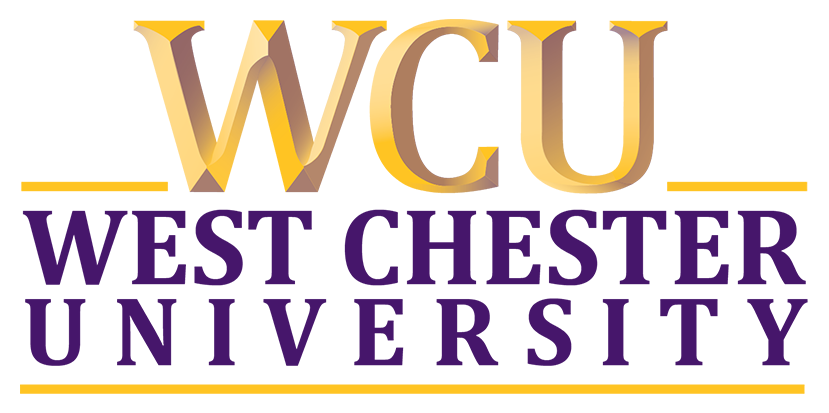

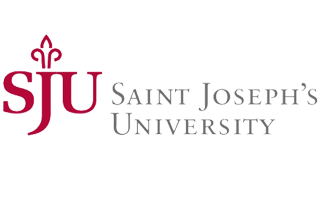


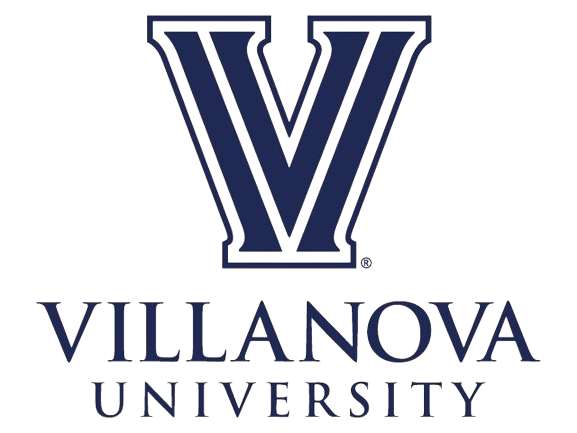

partnerships
Come join us!
If you or your organization is interested in supporting STEM teachers so as to improve learning for students in the Philadelphia region, we invite you to join our work.
stem programs
PRISE facilitates a wide range of initiatives all focused on supporting STEM teachers in the region.
